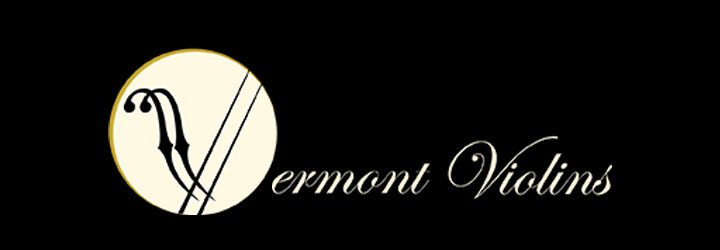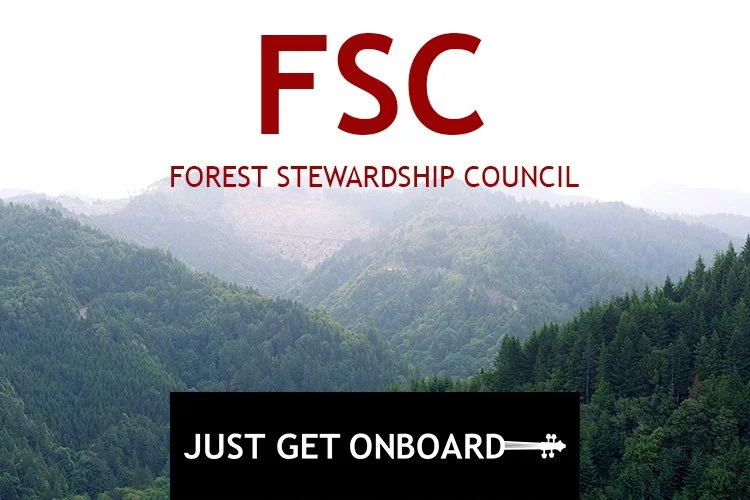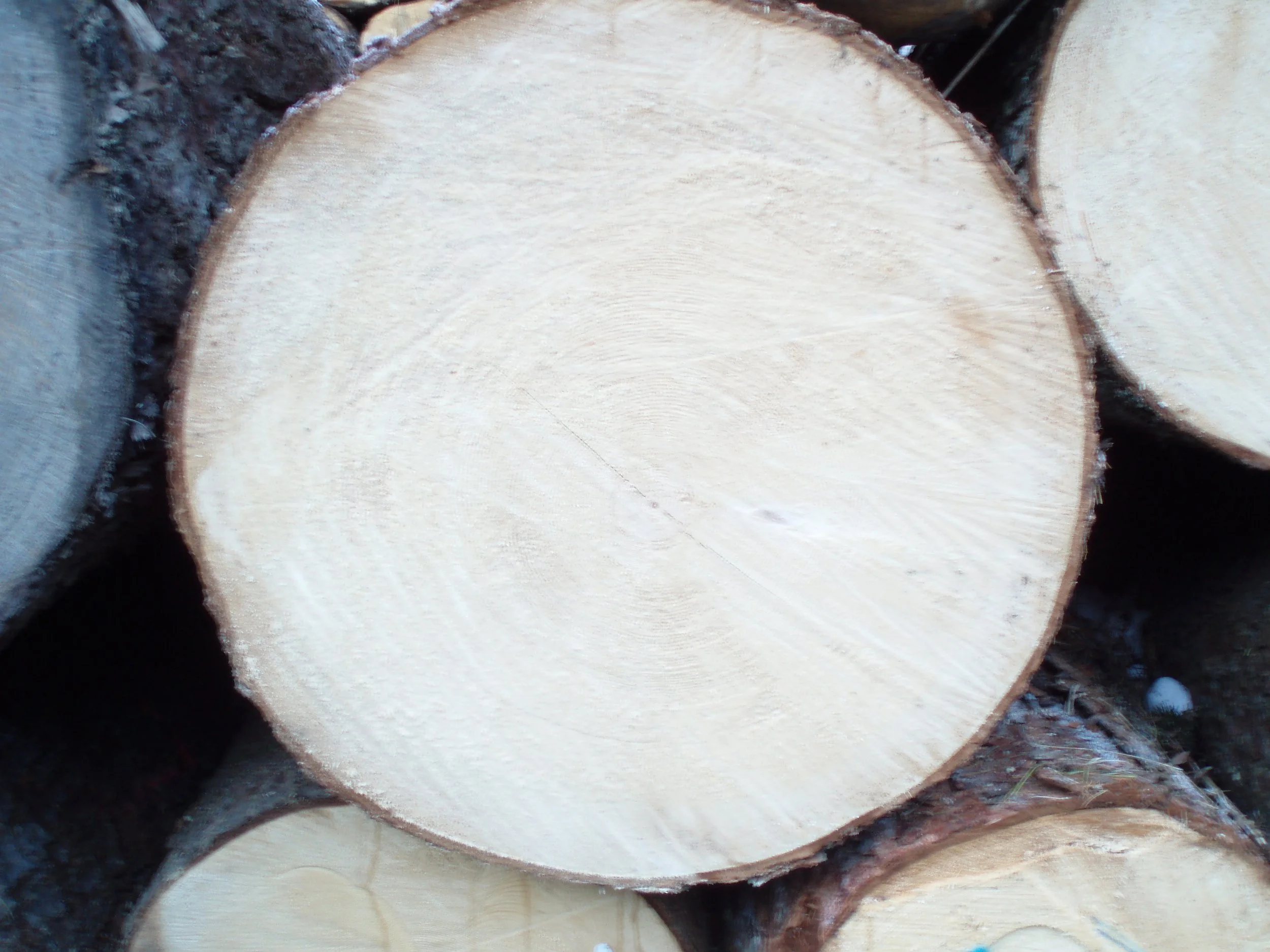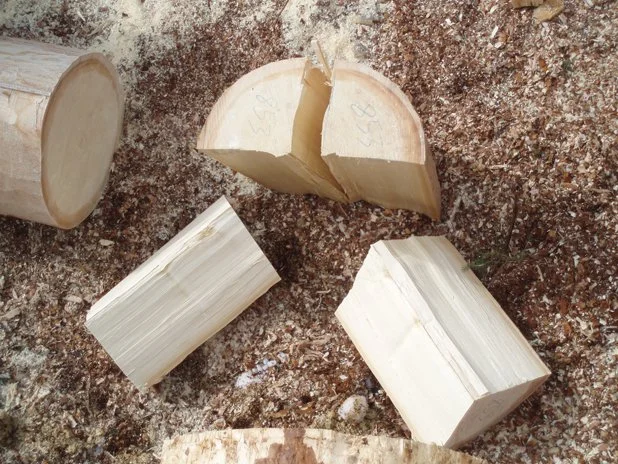Forest Stewardship Council - Just Get OnBOARD!
One way to Get OnBoard with sustainability in violin making is to embrace the FSC certification process and incorporate it into your purchasing. You’ll see the brand on innumerable paper and wood products, from toilet paper to stationery to Ikea Tabletops. Manufacturers everywhere, and of all sizes, are embracing FSC certification rules to ensure the products they make and sell conform to best practices along a long and complex supply chain.
What is FSC certification?
FSC is a non-profit organization based in Bonn, Germany, that protects the world’s forest resources by promoting “environmentally appropriate, socially beneficial, and economically viable management of the world’s forests.” Through an extensive boots-on-the-ground network of inspectors, FSC provides watchdog services from the forests to the sawyers and mills to the warehouses and manufacturers to ensure that well-managed forests are credited at the manufacturing level so consumers can have confidence that the products they purchase are derived from healthy, non-exploitative forestry practices.
How does it work?
At the forest level, the managers are issued FSC control numbers that attach to every tree they harvest and every invoice they send out. Their forestry practices are regularly inspected by FSC officials who check to make sure that the cleared woods conform to their standards and the woods are appropriately stored with excellent records. When they sell the timber, the buyers receive the wood with the FSC number which lives with the wood and the records.
The Purchaser may be a sawmill or a manufacturer. If the purchaser is registered in the FSC system, they can attach FSC labels to their wood and when they sell the wood cut or transformed into a product---that lumber or product will also have the FSC number. The series of owners of the wood from forester/land owner, to sawmill, to drier, to warehouse, to manufacturer is called the “chain of custody” In order for a products, be it toilet paper or a violin, to have FSC certification, every link in the chain of custody must also be registered as an FSC company.
There are several NGO that offer certification in sustainability, but FSC is the gold-standard. The difference between them is the heightened standards of FSC. Many of the certification organizations rely on wood being “legal” to get their certification. Certainly, all FSC woods must be legal, but simply being legal does not make it sustainably harvested. The world’s forests are managed under a myriad of national and local government regulations – some are strong (Switzerland) others are pretty weak (Madagascar, historically). But if you see the FSC logo on a product or company’s website, you can be assured that the product they offer are as sustainable as possible.
So Just Get Onboard. Look for the FSC label when you are considering a wood or paper purchase. Give the nod to those company’s that take the effort to gain FSC approval: the process can be difficult and the registration can be expensive. There is no tax benefit or other obvious awards for having FSC certification beyond giving confidence to those consumers who care that their products are made in a eco-friendly fashion.
V. Richelieu instruments, made by Vermont Violins, strive to incorporate strong FSC principles and we look forward to our own FSC certification, eagerly anticipated by the end of April, 2025.






